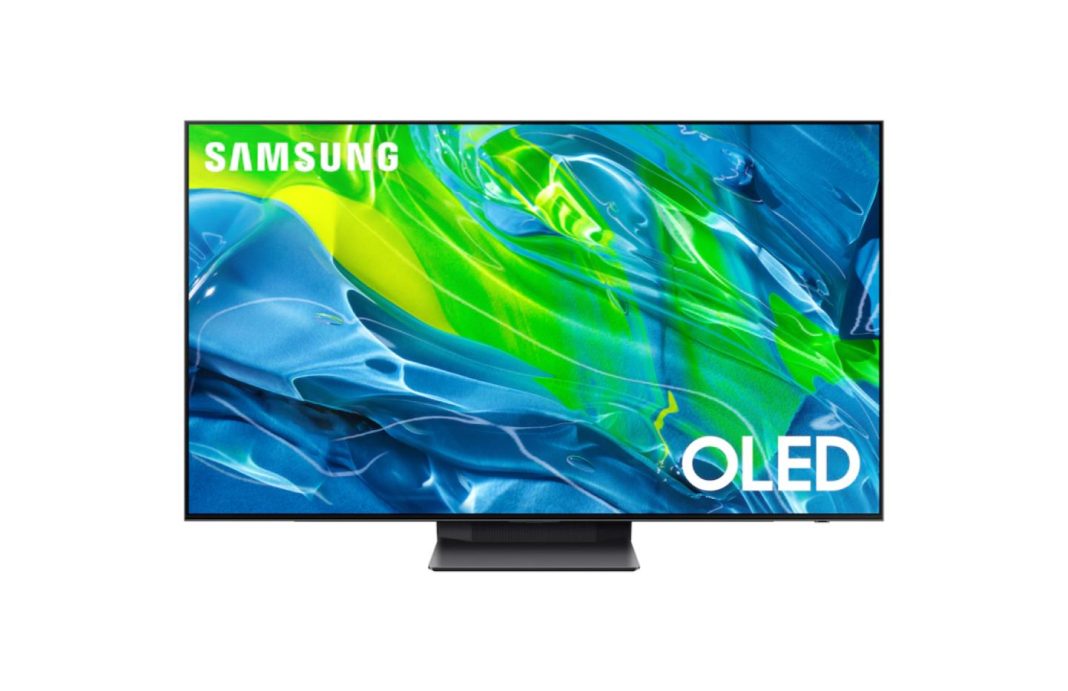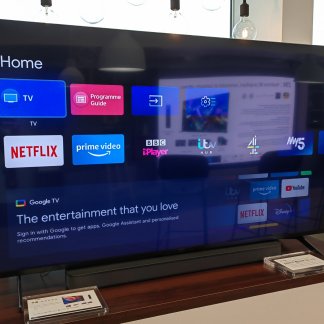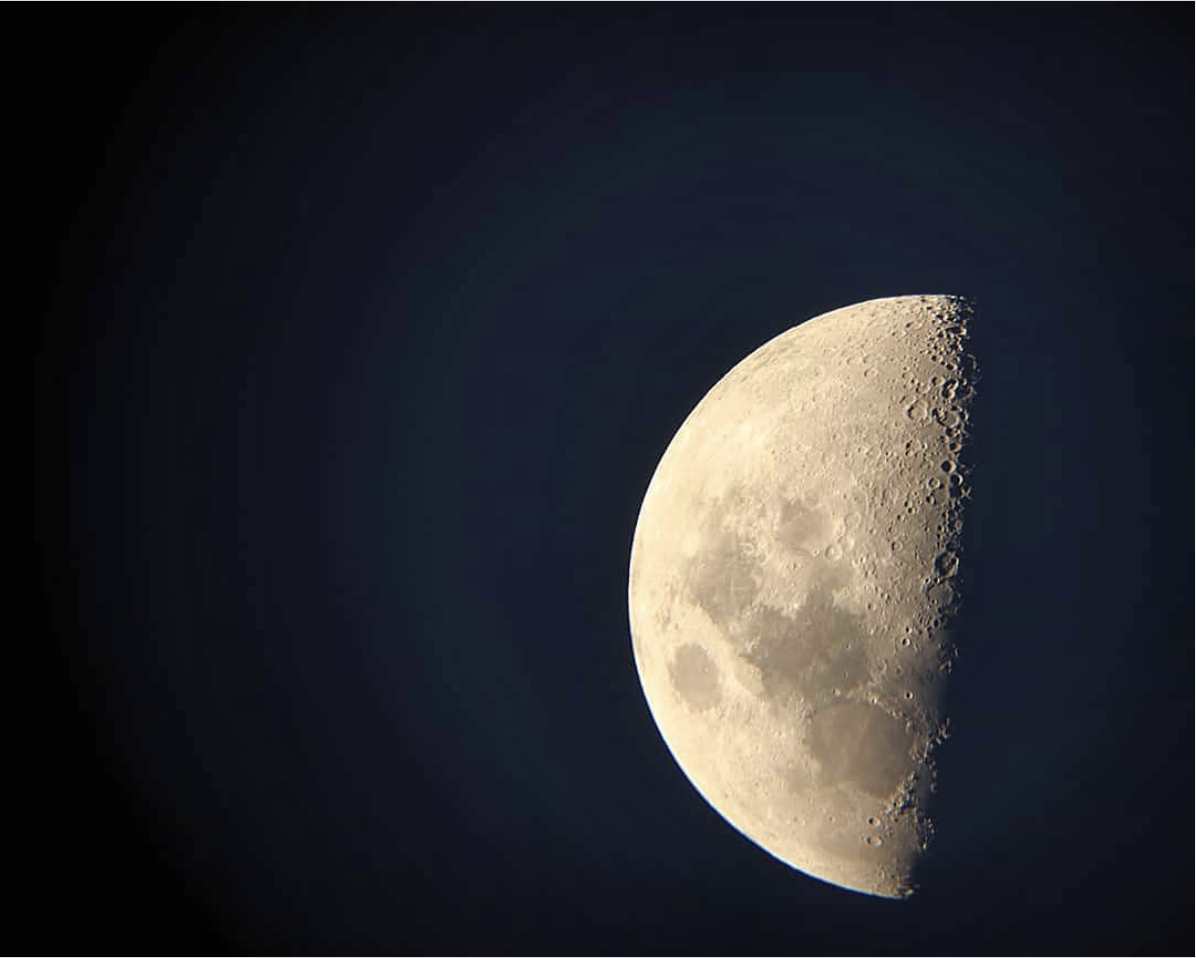It was expected, but the announcement will have an important resonance despite everything. Samsung is now marketing OLED TVs under its own brand. These new TVs use QD-OLED, a technology that competes with LG’s W-OLED screen.
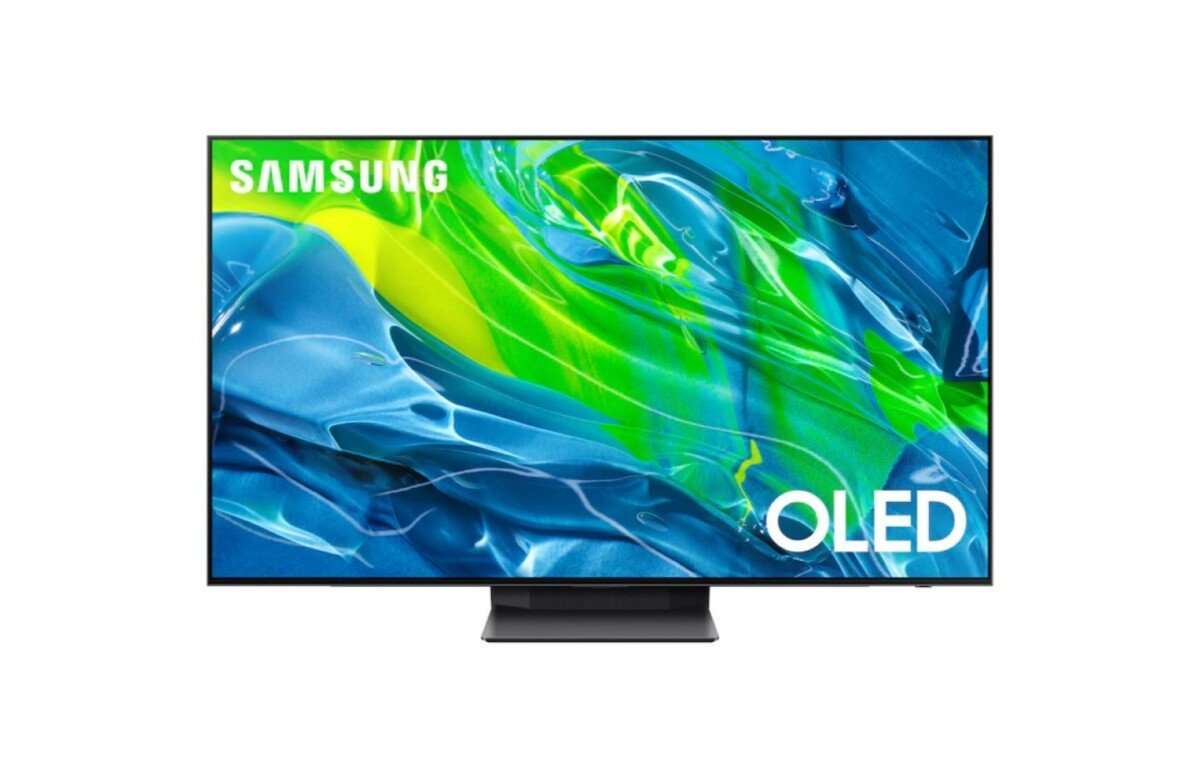
We highly anticipated the launch of OLED TVs for Samsung Electronics, but we especially expected the formalization during an important event like Samsung disassemble. In fact, Samsung USA has listed two new OLED models on its official website, and they are already on sale.
QD-OLED operated by Samsung Electronics
We’ve been talking about Samsung Display’s QD-OLED (Quantum Dot Organic Light Emitting Diode) technology since 2019. The technology was introduced on two products shown at CES in January 2022, a Sony TV and a Dell Alienware computer monitor. Oddly enough, Samsung Electronics hasn’t announced anything, despite the constant noise from the lobby.
It took until March 2022 to discover the first OLED TVs from Samsung Electronics. Technically, this isn’t the first, as the Korean brand had already succumbed to OLED long before LG made it its flagship technology.
In short, Samsung offers for it S95B 55″ and 65″ models. These are 4K UHD TVs that cost $2,400 and $3,500, respectively. So we are faced with more expensive OLED TV products from LG Electronics. Samsung highlights its Neural Quantum Processor, Quantum HDR, Dolby Atoms, LaserSlim design or even its Tizen internal operating system. There’s also Motion Xcelerator Turbo+, which promises to be able to play at 120Hz at 4K resolution.
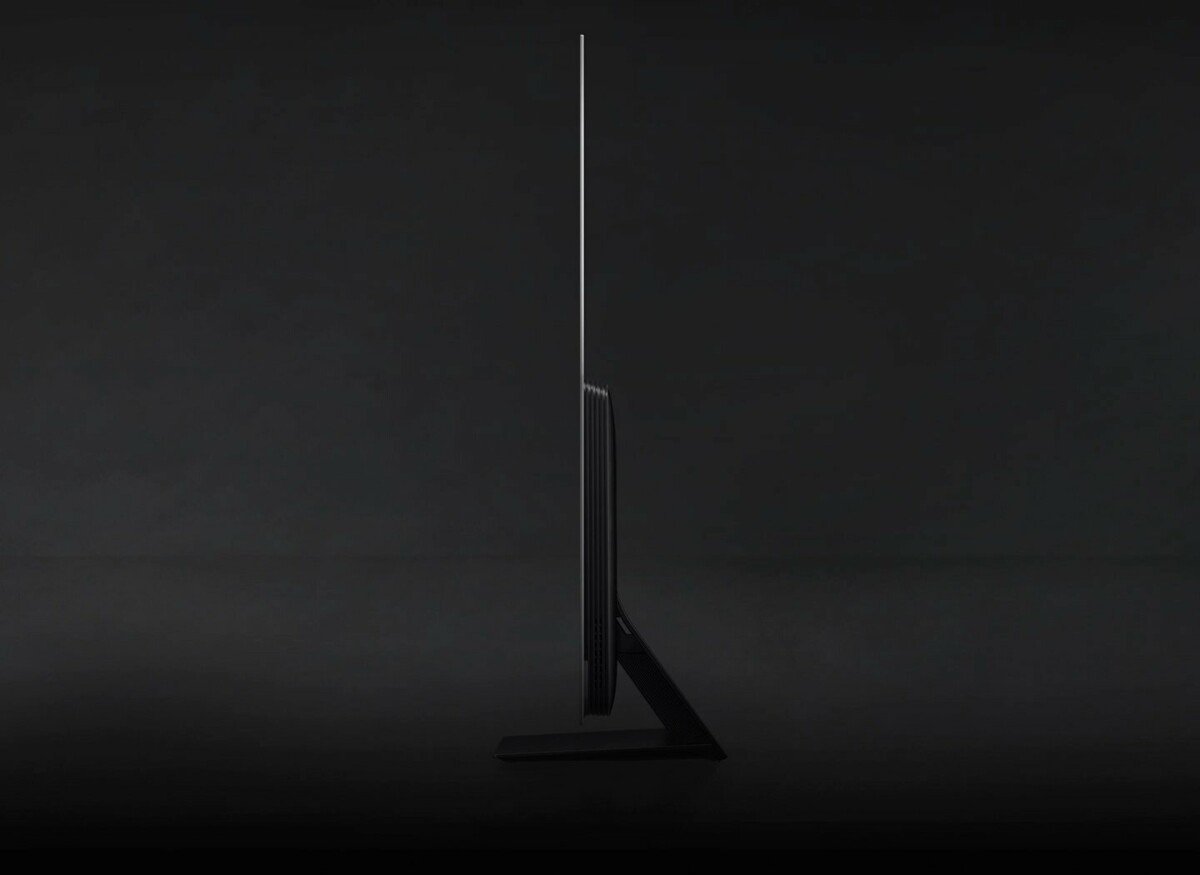
Quantum HDR refers to the HDR capabilities of some Samsung QLED TVs that are capable of displaying content in HDR10+ format. As the term OLED is already known and widely understood, Samsung decided to use the label Samsung OLED TV To avoid consumer confusion. So Samsung won’t talk about QD-OLED, even if it already has a QD-OLED panel in use.
We’re curious to know what makes Samsung’s QD-OLED different from LG’s W-OLED. We’re talking more peak brightness but also richer colours.
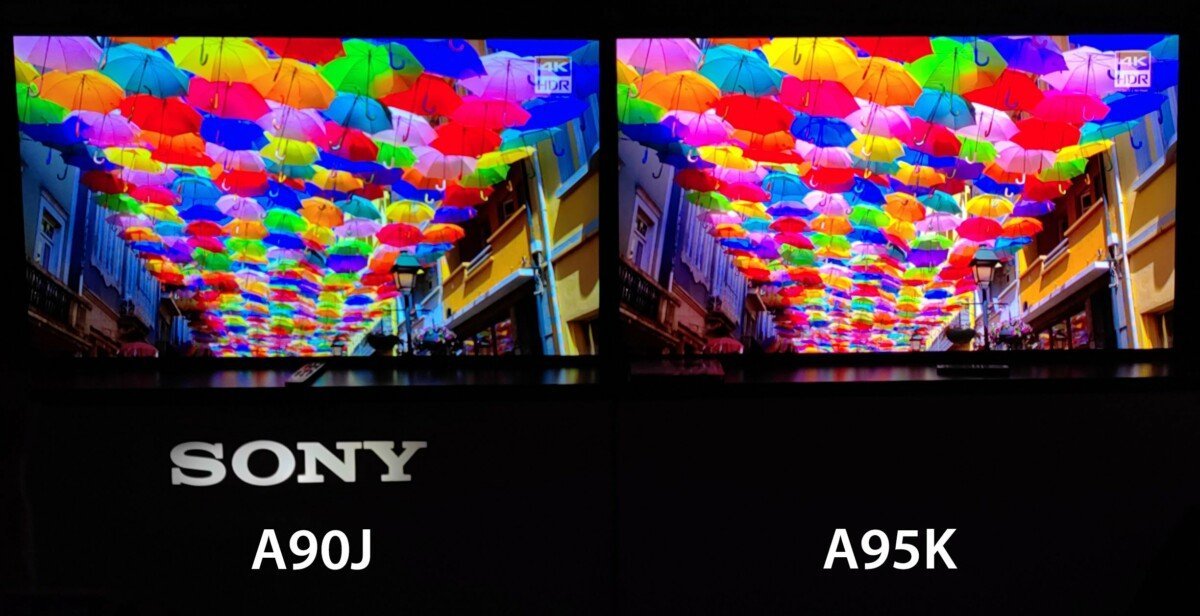
After seeing the Sony A95K, which uses QD-OLED technology, we can see that there is a higher dynamic range on the new panel. Colors appear more intense and the image appears a little sharper. Pending further testing, however, we did not notice any difference in brightness between the two OLED technologies.
At the moment, Samsung has not mentioned any technical numbers. We will have to wait for the first tests, as well as certification in Europe. Samsung USA is the only subsidiary that has formalized these new models.
To follow us, we invite you to Download our Android and iOS app. You can read our articles and files and watch the latest videos on YouTube.

“Wannabe internet buff. Future teen idol. Hardcore zombie guru. Gamer. Avid creator. Entrepreneur. Bacon ninja.”

